Anthony King
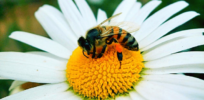
EU-banned neonicotinoid sulfoxaflor does not harm bumblebees, concludes field-realistic independent British university study
A pesticide banned for outdoor use by the EU could be less harmful to bees than had been thought. This ...
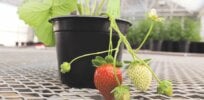
Viewpoint: ‘Ireland and EU are falling behind in crop improvement because of outdated policies on gene editing’
The EU is falling behind in crop improvement because of its outdated policies on gene editing, say crop scientists. Japan, Canada, ...
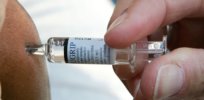
Tuberculosis vaccine gets a shot at the coronavirus
One of the oldest vaccines could protect us against our newest infectious disease, COVID-19. The vaccine has been given to ...

Europe’s restrictions on gene-edited crops may cause ‘exodus’ of biotech scientists
Plant scientists have reacted with shock, even anger, to the July decision by the European Court of Justice (ECJ) on gene editing ...

Was a gene mutation responsible for bigger human brains?
One of the major features that distinguish humans from other primates is the size of our brains, which underwent rapid ...
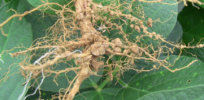
How ‘good’ bacteria can boost crop yields without pesticides or GMOs
In 1988, a remarkable finding illuminated a new path that agricultural scientists would soon follow in their quest to maximise ...
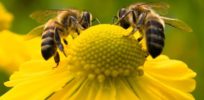
‘Wouldn’t help much’: What would a ban on neonicotinoid insecticides do for bee health?
“Everyone knows insecticides can kill bees,” says honeybee biologist Francis Ratnieks at the University of Sussex in Brighton, UK. “The ...
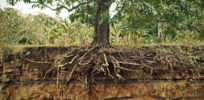
Bacteria could transform trees into industrial chemical scrubbers
Hacking trees by adding bacteria to their roots could help scrub contaminated soil clean of chemicals and metals from industrial ...
Wildflowers bordering crop fields may be reservoirs of neonicotinoids
The GLP aggregated and excerpted this blog/article to reflect the diversity of news, opinion and analysis. A team from Sussex ...

